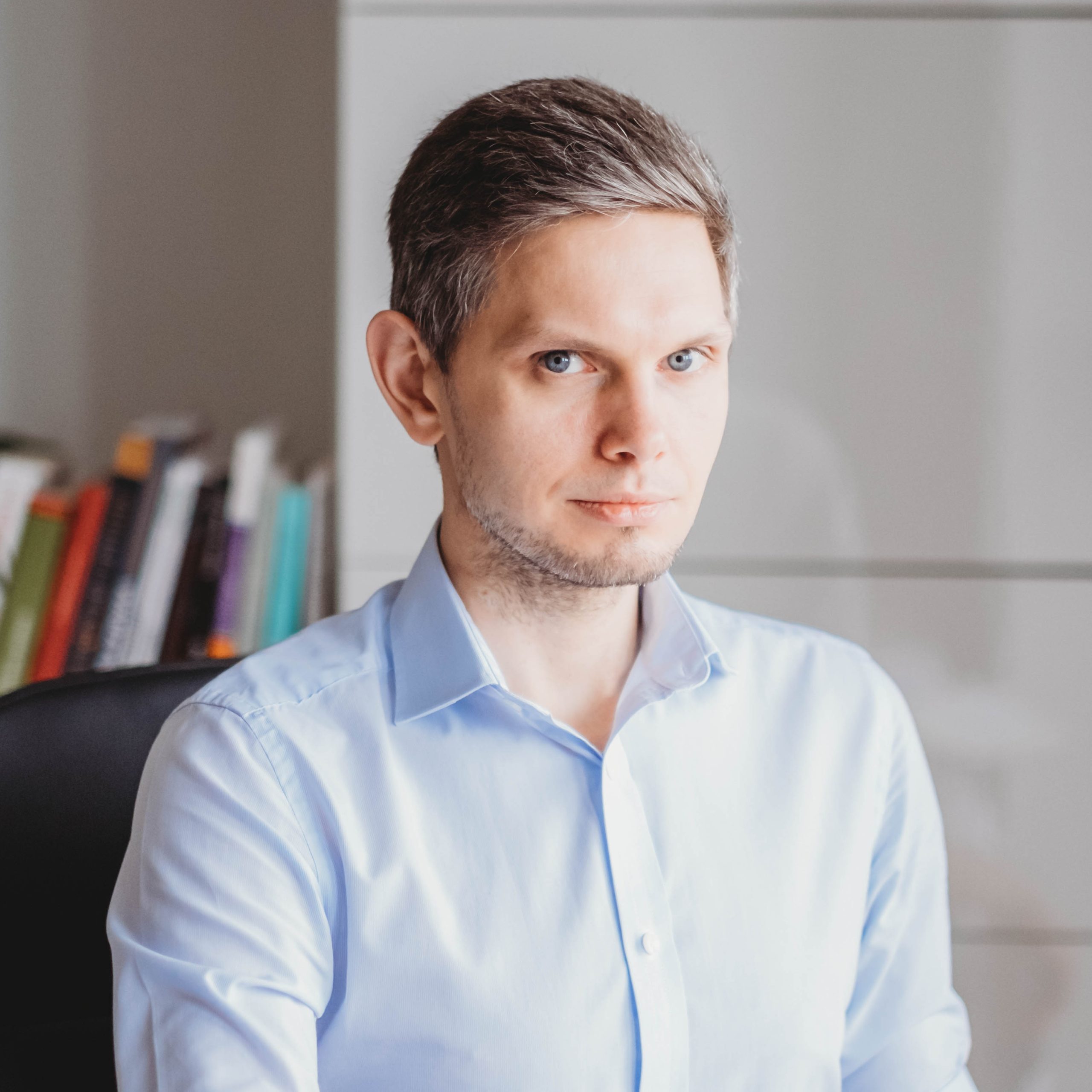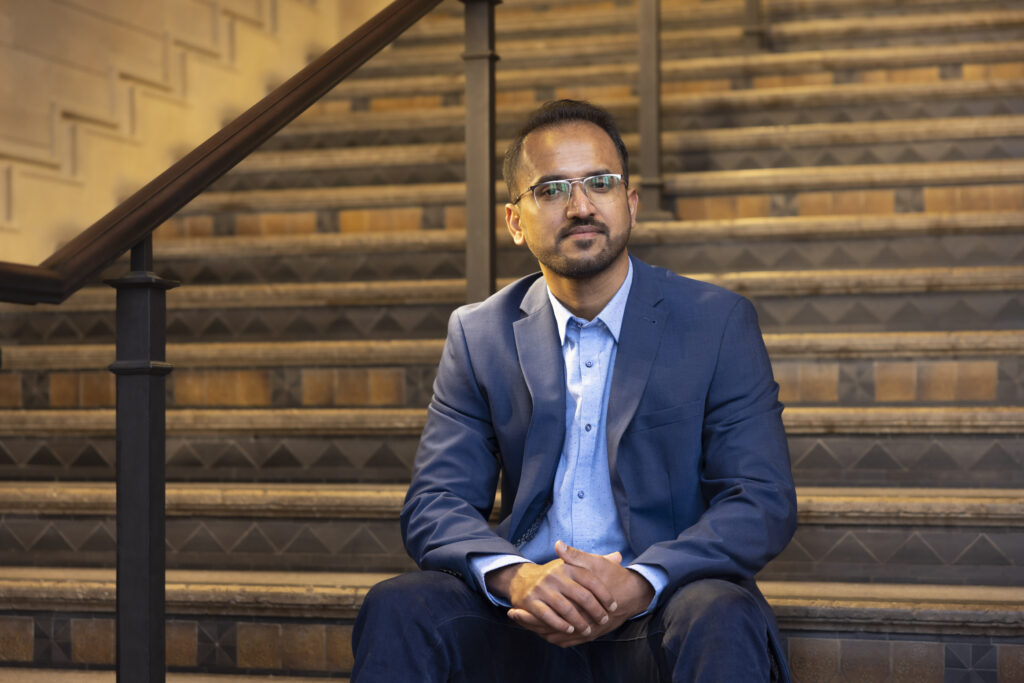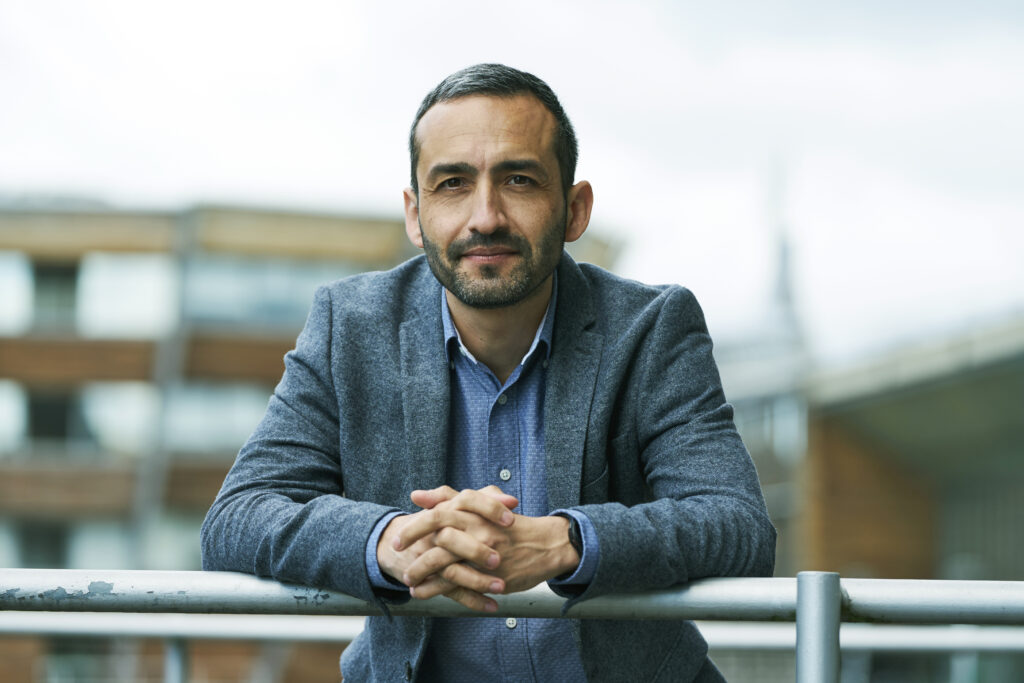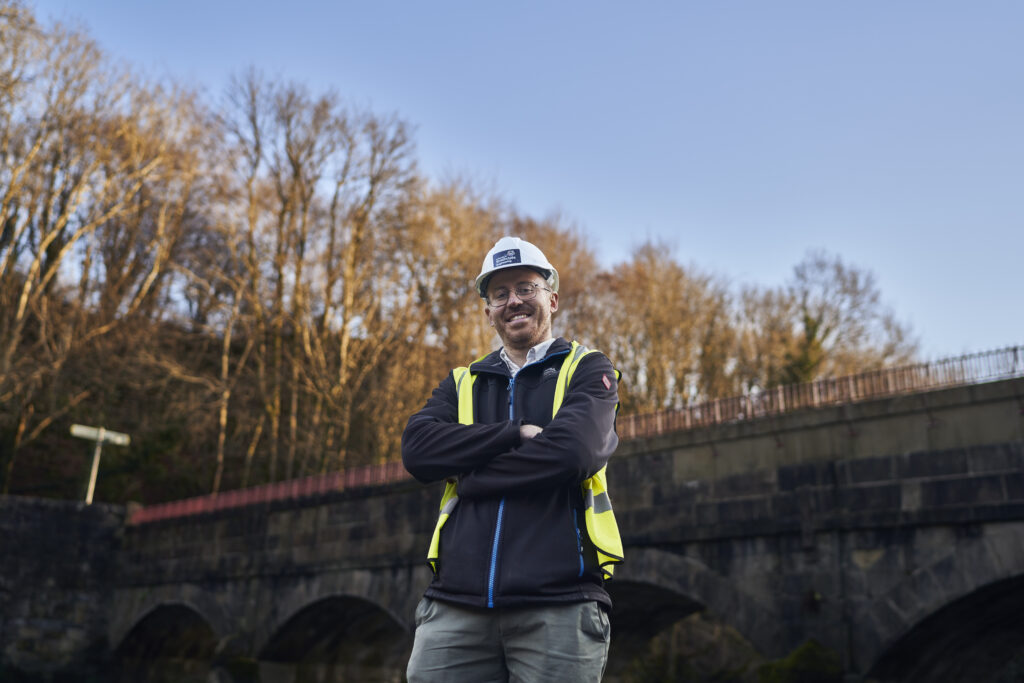BRILLIANT MINDS.
BIG OPPORTUNITIES
The Innovation Launchpad Network+ connects top academics with the Innovate UK Catapult Network through the Researchers in Residence programme. Sparking collaboration, promoting academic engagement and empowering researchers to influence change in areas that matter most.





















